Basing a show’s success on audience satisfaction is a tricky proposition.
Television history is full of bizarre and absurd events that only made sense in numbers—sometimes, even at the time.
Firefly is a legendary example. It had a loyal fan base and critical acclaim, but Fox still cut its legs out from under it.
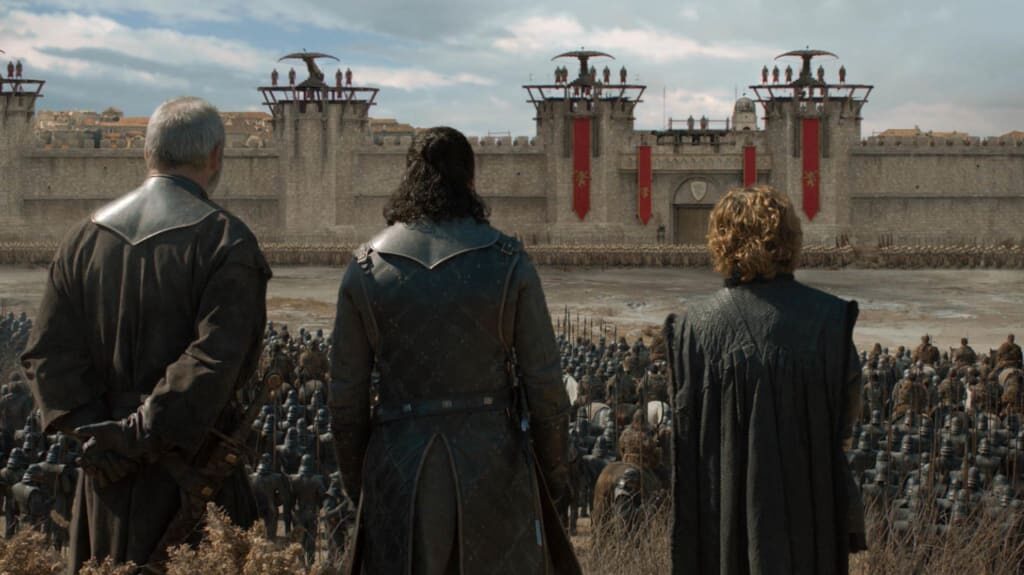

There are countless examples of relatively popular shows ending on huge cliffhangers, never to return.
There are also shows that viewers hate, but there are new seasons in the works every year.
There’s a lot of head-scratching here, so the final answer is Yes.
The show is successful if the audience is not satisfied, and there are several reasons that make more sense in context. The vicious nature of the news, audience and critical response, and, of course, money all play a role.
People are also prone to forgetfulness. We’ll break it down further below, but Game of Thrones is a perfect example.
Audience and critical response and rankings
Critical reactions tend to drive ratings rankings in the first place, and a show’s initial success is driven by audience interest, which often comes from reading reviews.
When a show is bad, its audience plummets with every subsequent episode.
The Wheel of Time illustrates this accurately. Love it or hate it, 55.7% of viewers didn’t watch Season 2 again, according to Nielsen weekly minutes watched.
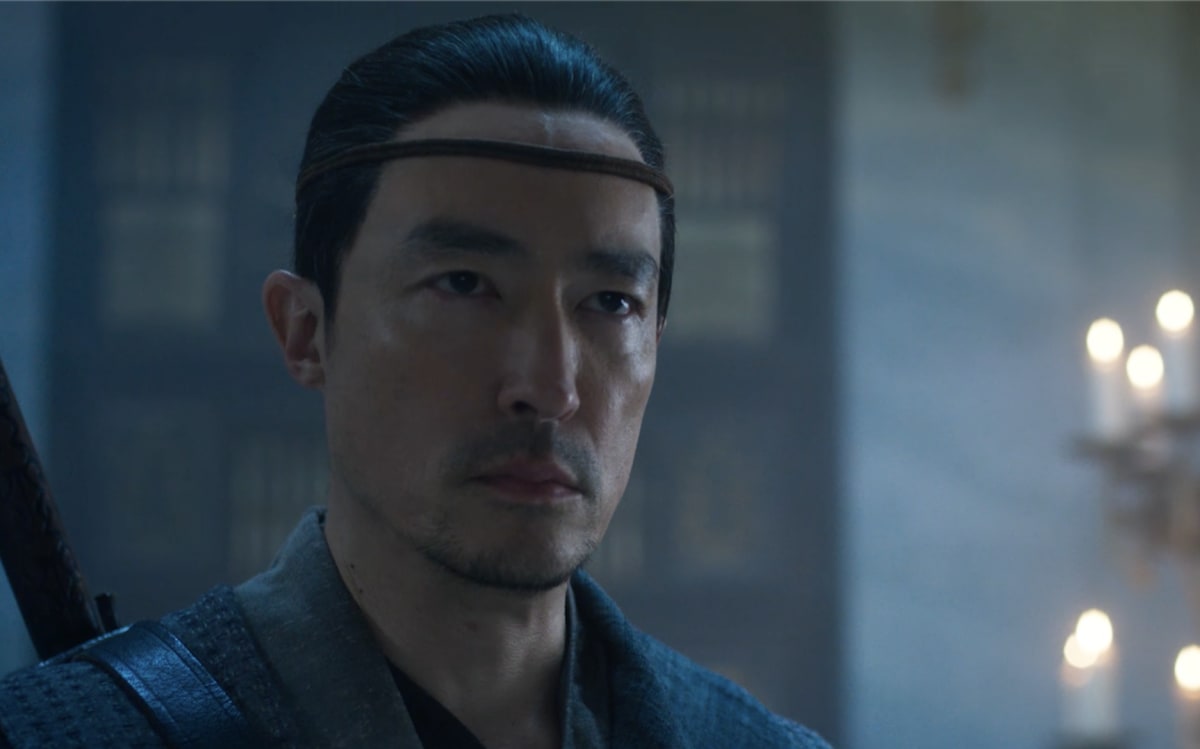

There was also a sharp drop in the third week, and another sharp drop in the fourth week. Ring of Power remained stable from week one to week two, dropped off in week three, and dropped even more sharply in week eight.
Nonetheless, The Wheel of Time will return for a third season, and Ring of Power will kick off a new season. Successful? You be the judge.
Overall reviews for both shows were positive.
“Ring of Power” has a critical score of 83% on Rotten Tomatoes and an audience score of 38%. Despite a significant decline, “The Wheel of Time” has an audience score of 70% and a critical review score of 83%.
Despite its ups and downs, Amazon has invested heavily in the show and isn’t willing to throw it all into the garbage.
The initial success of both shows was also a driving factor.
Also, there’s a level of strategic decision-making that we simply don’t know in terms of franchise potential.
audience forgetfulness
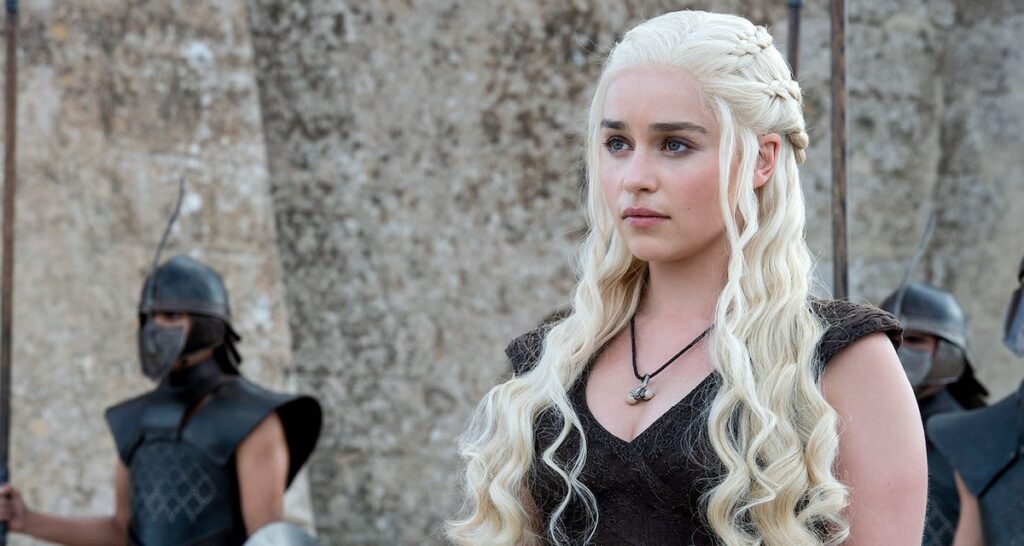
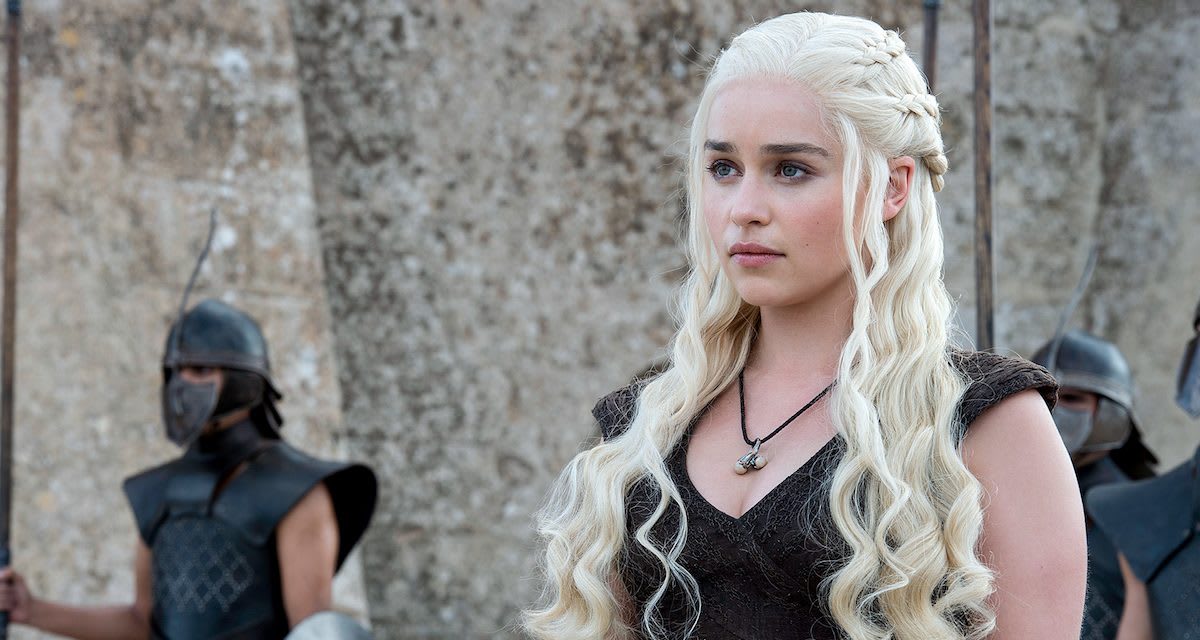
Sometimes it’s surprising to see a show become a huge success, only to have audiences hate it a few years later. Game of Thrones is the show that immediately comes to mind.
Its final season, and arguably the first two, were rushed and pointless.
The quality of the dialogue drops drastically and the decision-making between well-known characters is derailed.
Now, whenever people talk about Game of Thrones, those unsavory aspects of the final seasons influence the conversation.
Yet, by all accounts, Game of Thrones was a huge success.
The House of the Dragon owes its existence to Game of Thrones. Even some of the shows Max ultimately canceled owe a lot of credit to the show that started it all.
Heroes, True Blood, Lost, Merlin, and The Sopranos are all examples of the same to varying degrees.
If this show leaves a bad impression on the audience, then all the good things that came before will become meaningless.
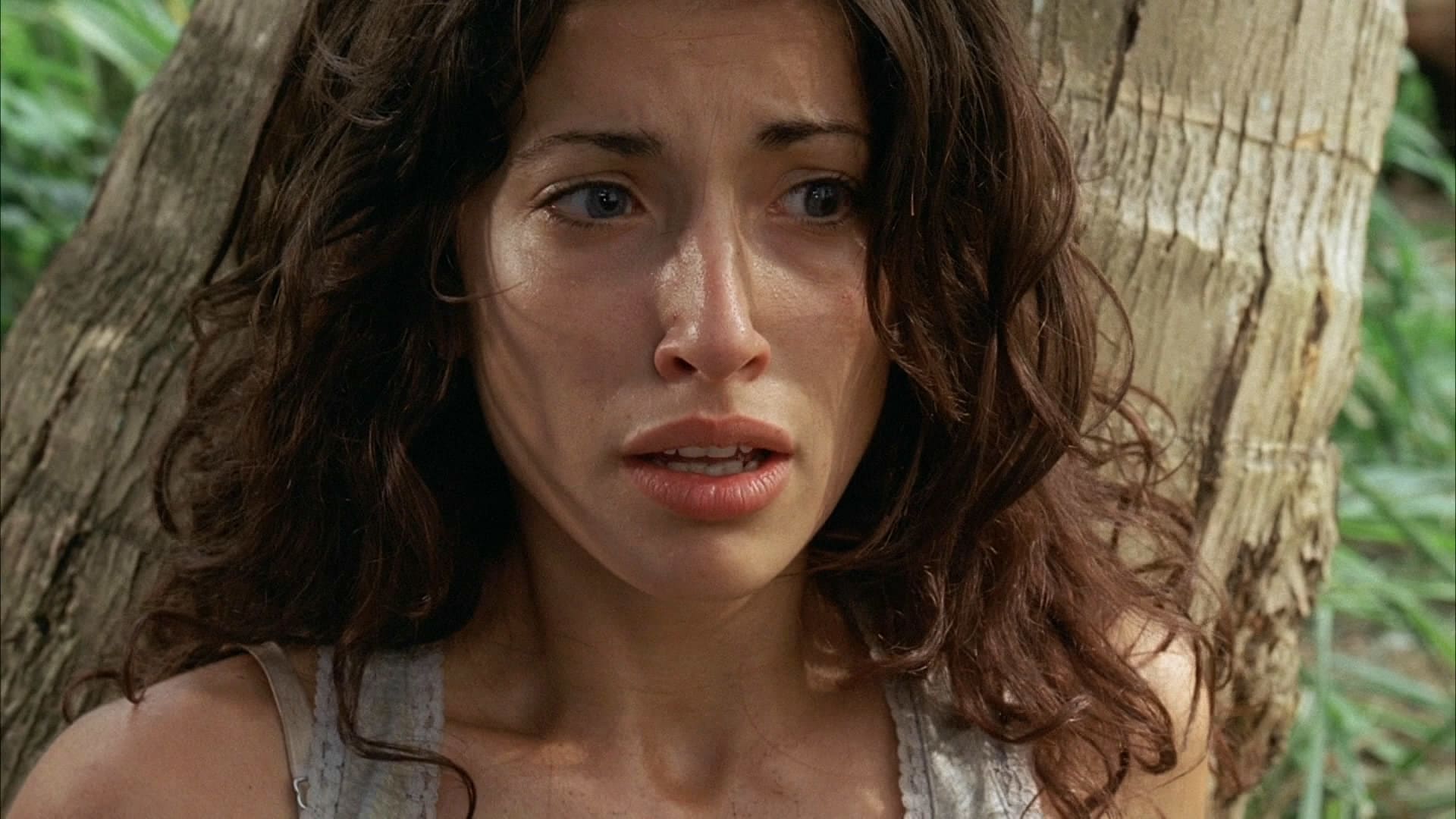

Despite the current mood, all of these shows have been successful (some of them hugely successful).
A successful show criticized by viewers
Often, it’s hard to tell the difference between review bombing and overall fan dislike, as both things can happen at the same time.
Fans may react negatively to the show and bombard it with reviews.
On the other hand, showrunners and media coverage are perfectly capable of blaming comment bombing for distracting viewers from relevant and widespread disgust.
StarCraft: Discovery ran from 2017 to 2024 and was a success in most aspects.
Discovery may not have been a groundbreaking, blockbuster, huge hit, but you also don’t get a nearly decade-long runtime for a complete failure.
The Witcher makes a weaker argument, but is still part of the discussion.
Despite fan outcry over the changes to the source material (some of which were really big), the show is returning for seasons four and five.
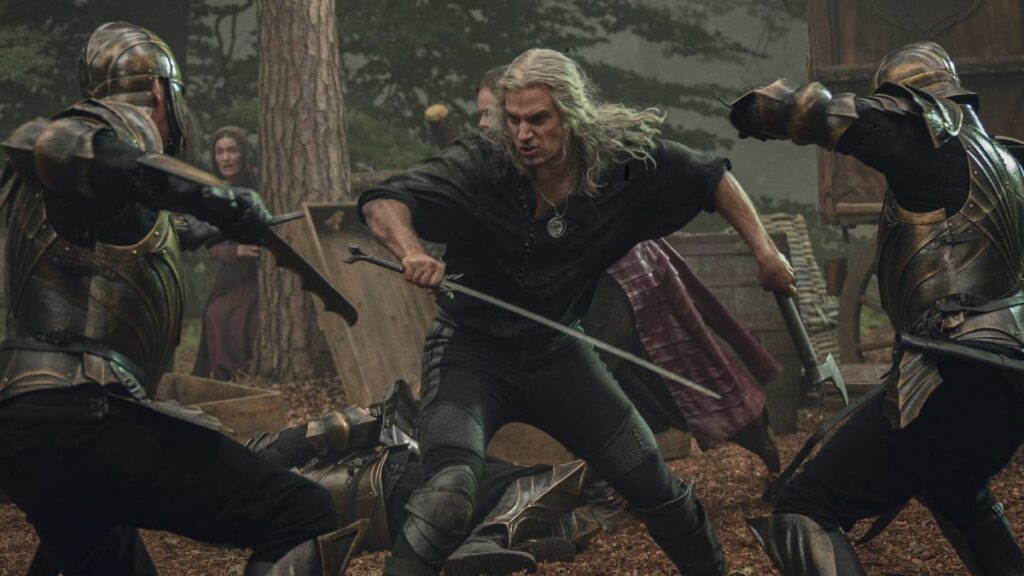
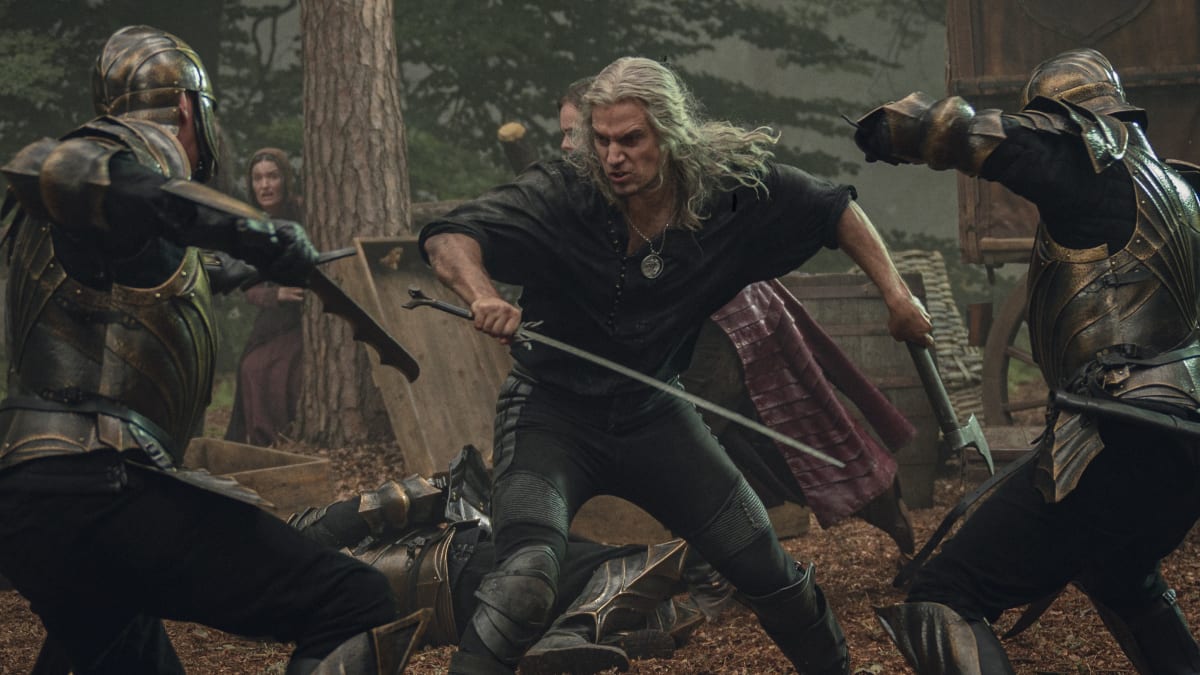
With Henry Cavill exiting and the role being filled by Liam Hemsworth, it’s hard to see if the show’s early success will translate into positive returns from audiences.
“Riverdale” is another great example of a show that succeeds despite having an audience.
“Riverdale” is almost the same length as “Star Wars: Discovery,” but it has a loyal fan base despite its audience review score of only 47%.
A bad performance can turn the tables
Finally, some popular series don’t start out that way.
The success of a show doesn’t always depend on a great start; what audiences appreciate is a comeback story.
Believe it or not, “Full House” didn’t start out as a great show that drew viewers in like a magnet.
After a lackluster first season, producers made some changes to the characters, including hairstyles and job changes.
Fans initially thought “Fringe” was nothing more than an “X-Files” rip-off.
In the early days, it had a monster-of-the-week format, like The X-Files.
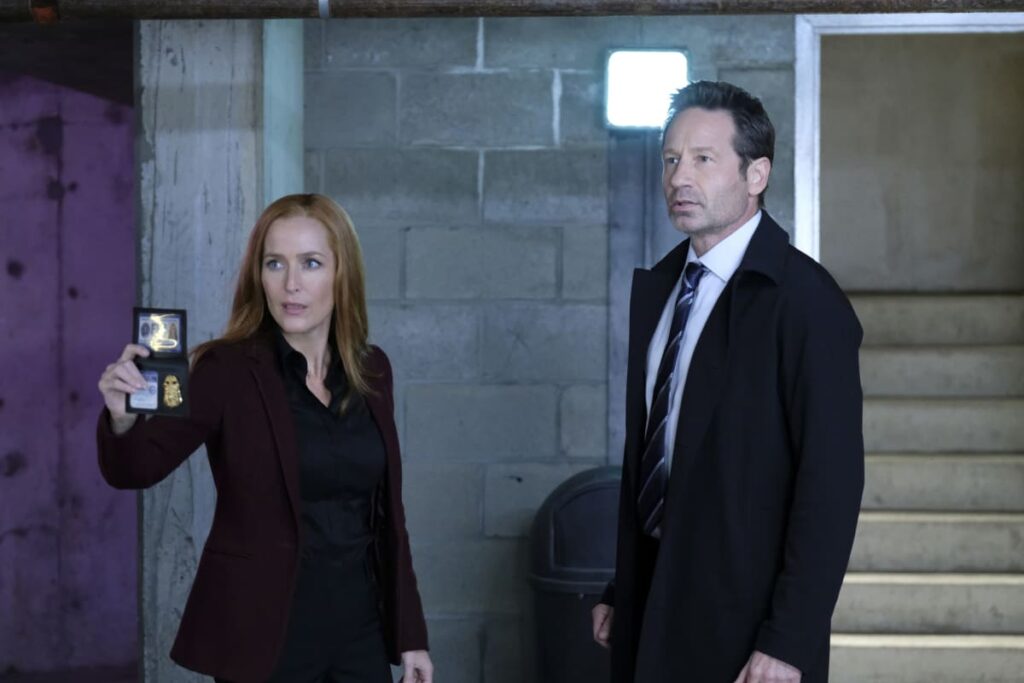
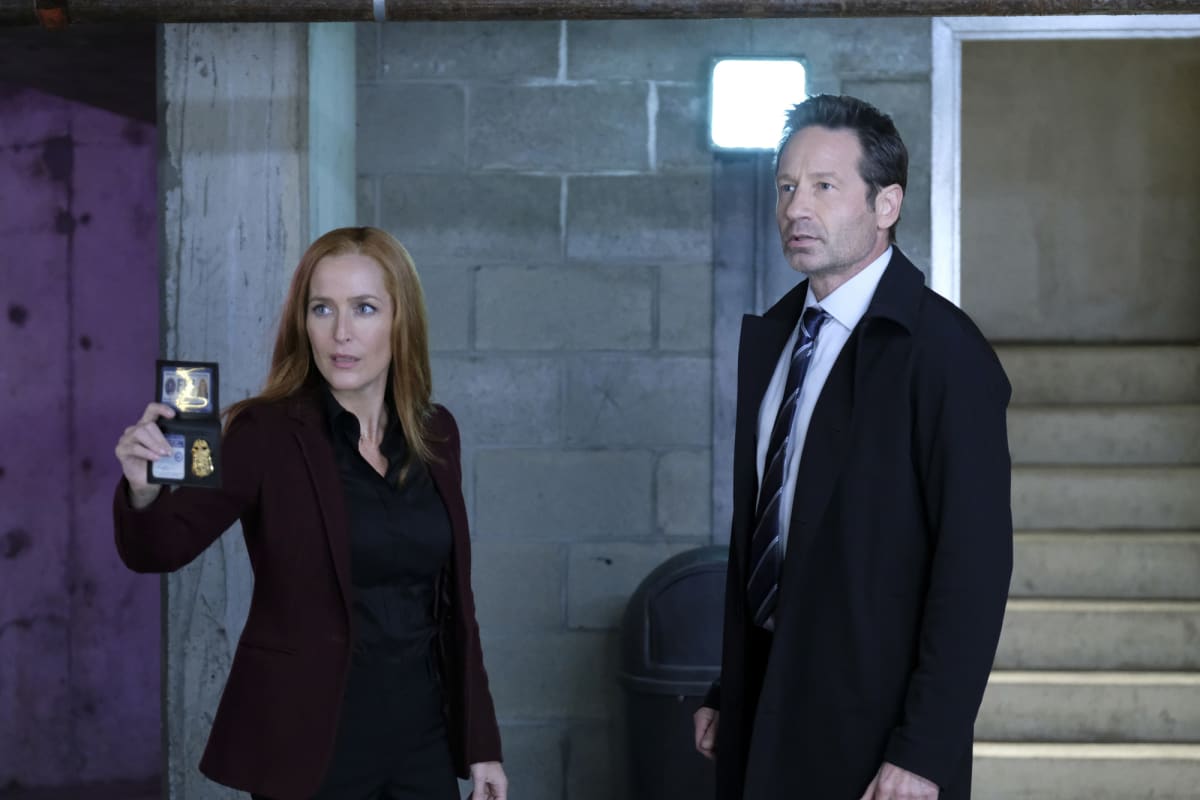
It wasn’t until they ditched it in favor of a single, more complex storyline that Fringe really took off. This is especially true for alternate reality mysteries.
Other famous shows like Torchwood, Happy Days, Family Matters, and Parks and Recreation started off poorly but bounced back after changes were made.
When the going gets tough, most shows flounder or disappear entirely after a rough premiere season. But these are proof that a show’s success can change despite audience dissatisfaction.
However, this absolutely does not prove that this is happening all the time, nor that there is any meaning behind the many decisions made throughout the entertainment industry.
Sometimes the shows just don’t work, and sometimes, despite the odds, they do.
Is there a TV show that you grew to like over time, or one that you couldn’t stand initially but then changed your mind about?
Leave a comment below and tell us about your own experiences!

